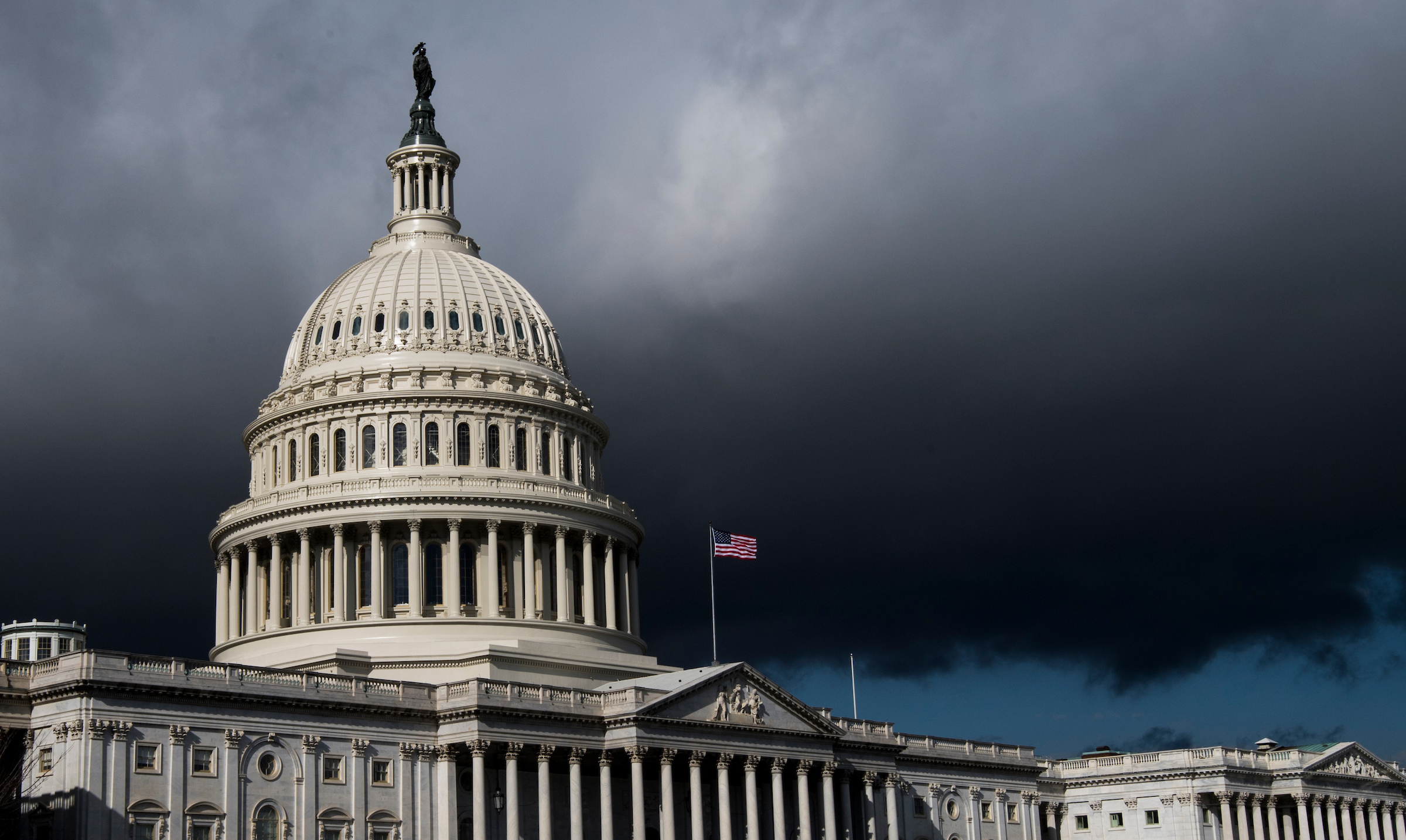Already a subscriber? Make sure to log into your account before viewing this content. You can access your account by hitting the “login” button on the top right corner. Still unable to see the content after signing in? Make sure your card on file is up-to-date.
Lawmakers on Capitol Hill are clashing over recent additions to the $883.7 billion National Defense Authorization Act (NDAA), which includes restrictions on transgender healthcare for military families and limits on diversity programs, fueling heated partisan debates.
Some shit you should know before you read: For those unaware, the NDAA, or National Defense Authorization Act, is an annual bill that sets the budget and priorities for the United States military, shaping the nation’s defense strategy and funding critical operations. This year’s $883.7 billion NDAA includes investments in military infrastructure, such as building seven new ships, bolstering the US presence in the Indo-Pacific to counter China, and funding pay raises for service members. While primarily focused on national security, the NDAA has long served as a political bargaining chip, with lawmakers from both parties using it to push through unrelated or divisive provisions, from social policies to budget cuts, making it a recurring battleground for partisan agendas.

Let’s get into it: As of right now, lawmakers are divided over a provision in the NDAA that restricts access to surgeries and healthcare for transgender minors in military families. Supporters of the restriction, primarily Republican lawmakers, argue that such treatments for minors are inappropriate and that taxpayer-funded military health programs should not cover them. Opponents, including Democrats and LGBTQ+ advocacy groups, view the provision as discriminatory and harmful, pointing out that it would deny necessary medical care to vulnerable youth and impose undue stress on military families, potentially forcing service members to choose between their careers and their children’s healthcare needs.
Another contentious issue is the proposed limits on diversity, equity, and inclusion (DEI) initiatives within the Department of Defense. Republicans have criticized DEI programs, arguing that they detract from military readiness by focusing on social issues rather than operational effectiveness. They propose restricting new DEI positions and efforts to reduce perceived inefficiencies. Conversely, Democrats and some advocacy groups defend these programs as essential for promoting inclusion and addressing systemic inequalities.
Additionally, lawmakers are at odds over the exclusion of expanded coverage for in vitro fertilization (IVF) under the military’s health program, TRICARE. Some legislators, including Sen. Tammy Duckworth, have championed the amendment, arguing that service members deserve equality with civilian federal employees who have broader IVF coverage. However, opponents cite budget concerns and priorities, arguing that the focus of the NDAA should remain on national security and military readiness rather than expanding healthcare benefits unrelated to combat or operational needs.
This all comes as time is running out for Congress to approve the NDAA. The NDAA must be passed by the end of the year to ensure uninterrupted funding for defense operations, including troop salaries, equipment procurement, and global military readiness. If the bill is not approved in time, critical defense programs will face delays, service members might experience uncertainty about pay and benefits, and the United States defense strategy could be impacted, weakening the US military’s ability to address global threats effectively.






